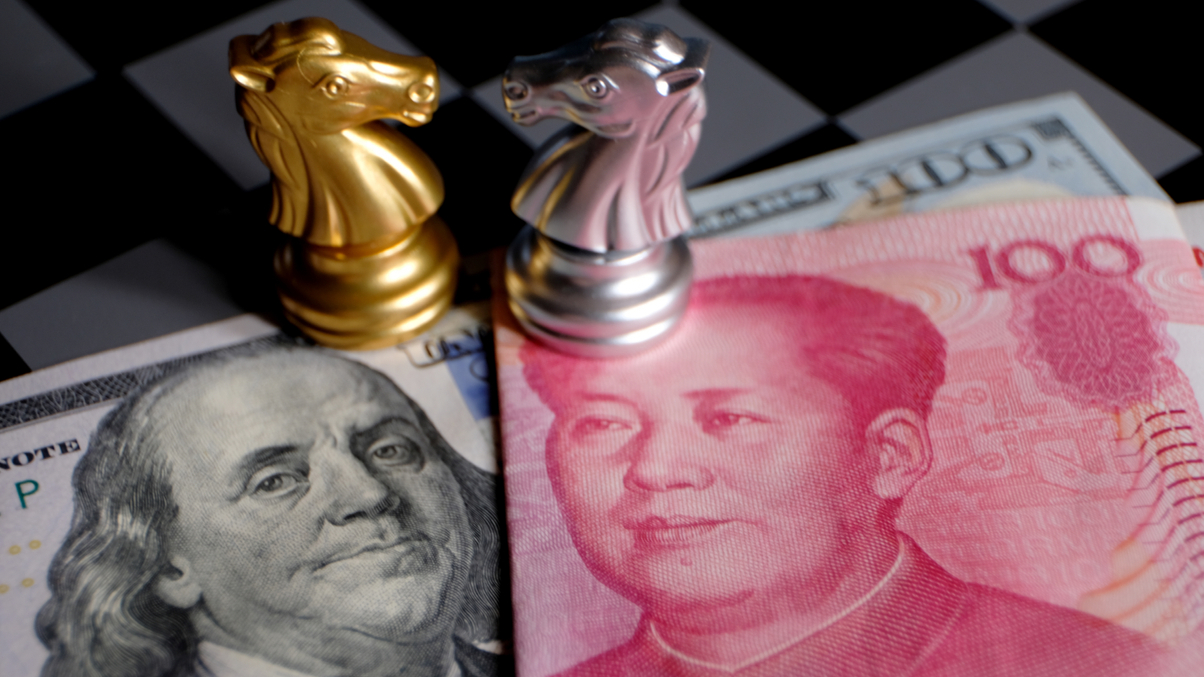Why the US could resurrect TPP to re-engage China
Senior speakers at the Milken Asia Summit outlined the importance of the US rebuilding alliances as it looks to reset its frosty relationship with China under a Biden administration.

The disruption in US foreign policy that has occurred during the Trump administration, means it will not be possible for the country to easily repair its adversarial relationship with China. But with Joe Biden set to take over on January 20, 2021, could it herald a resurrection of the Trans-Pacific Partnership?
Sign in to read on!
Registered users get 2 free articles in 30 days.
Subscribers have full unlimited access to AsianInvestor
Not signed up? New users get 2 free articles per month, plus a 7-day unlimited free trial.
¬ Haymarket Media Limited. All rights reserved.


